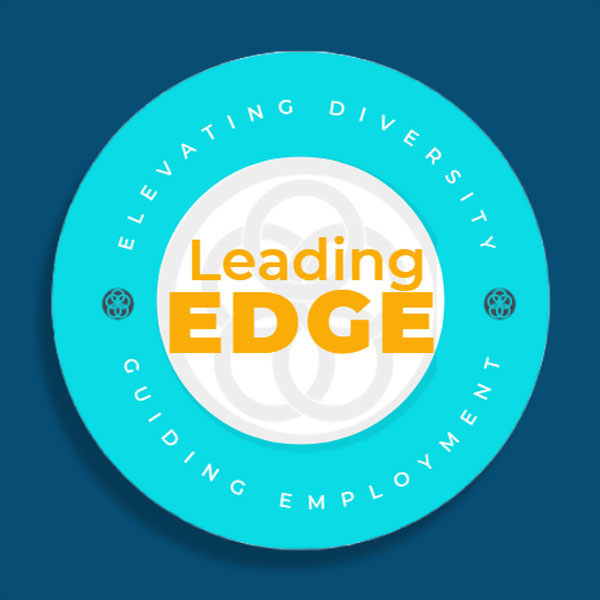Good trouble
“[W]e were beaten, tear gassed, and trampled by horses. I thought I saw death. I thought I was going to die. I don’t know how I made it back, but I know we cannot rest. We cannot become weary. We must keep pushing and pulling and find a way to get in the way.” — John Lewis
I was just talking to a nonprofit leader and friend who came into a new position in the last year. As one of the stronger people I know, in the current crisis, she’s not only building the plane while flying it, but making it do barrel rolls.
When I asked her how she’s doing, she said tired. Tired of having to pivot every day. Tired of pulling another rabbit out of a hat. Tired of having her blankety-blanking cheese moved.
The scientific response: we’ll be stronger on the other side. I know you are shouting unprintable things at this virtual page; I’m thinking them while writing it. But while some feel post-traumatic stress, the more common reaction is post-traumatic growth. More than half of people feel that growth when reassessing priorities, making changes, and receiving purpose. Whether tornado or car crashes or fires, there’s a study showing more people springboard from trauma. So too may it be of our current turducken of terror, our sharknado of $#!+.
But the larger comfort, at least for me, is what you are feeling isn’t uncommon. You aren’t alone. It’s not just because the gap between need and the resources to meet need yawns ever wider. And it’s not just because the way we address the need has had to change, with us going through our Swiss Army knife of tools until we are assailing a mountain with a corkscrew and a toothpick.
It’s because we are wired differently. Everyone has a story about how they tumbled sideways into this sector through happenstance. It’s to be believed, but only to a point. Faced with an imperfect world, we chose to make it more perfect.
There’s nothing wrong with the much-trodden path of working within that imperfect world. The world needs road builders and corporate accountants and product engineers who can make your fabric eight percent softer.
But we chose our path and it chose us. We chose and choose still today to stare ignorance, poverty, disease, even death itself in the eyes. We are arrogant enough to think it will blink. We get ourselves through the long times that it doesn’t with the few times that it does. And to many, what we do looks like agitation or misbehavior because they are on a different path.
At some point, all of us found we had an itch that couldn’t be scratched by a product, experience, or title. Life would be easier if it could be. If we could watch the news without despairing of what is there and what is not. If we could miss a goal like any other human without wondering what it will mean for the life of someone we’ll never meet.
This, then, is the irony. What breaks us down in this moment is also why the moment demands us.
In troubling times, we see the Mr. Rogers quote circulate — how his mother told him when he saw scary things to “Look for the helpers. You will always find people who are helping.”
He was talking to children. We’re adults. We are the helpers we are looking for.
Here, then, is the moment for which we were called. We are in a fight of life versus death. Liberty versus tyranny. Of how we will make it through and what will be there for us on the other side.
Each of us, and each of our organizations, has different conceptions of which is which and what should be queued where. That’s fine. But we are all of us brethren and sistern in saying the world will not be thus when it is within my reach to make it otherwise.
We don’t get to choose being at the barricades; we were born to good trouble and the sparks fly upward. But we do get to choose how the musical ends — alone at the barricades or tomorrow there’ll be more of us.
In nonprofits, we hide this light under various verbal bushel baskets: donor acquisition and retention, capacity building, community organizing. But it’s transformative. It’s getting people to spend some of their time off the “working within” path and on the “working on” path. We know all too well the comfort we are asking people to leave; we persist still.
John Lewis passed this weekend. He made the path easier. He extended it farther. And he did not get to the promised land with us.
We choose likewise. We may not get there, wherever our personal there is. But we can machete our way to an easier trail for those who follow if we dissent from apathy, if we choose speech when silence would damn us. And when a light seems to go out, if we take it with us, it’s never truly gone.
So:
We will get through this, potentially stronger.
You are not alone.
You need and are needed in return.
And together, we build.
“Anchor the eternity of love in your own soul and embed this planet with goodness. Lean toward the whispers of your own heart, discover the universal truth, and follow its dictates. Release the need to hate, to harbor division, and the enticement of revenge. Release all bitterness. Hold only love, only peace in your heart, knowing that the battle of good to overcome evil is already won. Choose confrontation wisely, but when it is your time don’t be afraid to stand up, speak up, and speak out against injustice. And if you follow your truth down the road to peace and the affirmation of love, if you shine like a beacon for all to see, then the poetry of all the great dreamers and philosophers is yours to manifest in a nation, a world community, and a Beloved Community that is finally at peace with itself.” — John Lewis (1940-2020)
Nick Ellinger, Chief Brand Officer with Moore, was formerly editor and contributor to the Agitator blog. He ran Mothers Against Drunk Driving’s direct marketing program for a decade, where he discovered his passion to help the nonprofit sector break through the 2% of GDP individual giving ceiling we’ve seen for decades. You can enjoy more of Nick’s written perspective in his 2019 book The New Nonprofit, available on Amazon.



